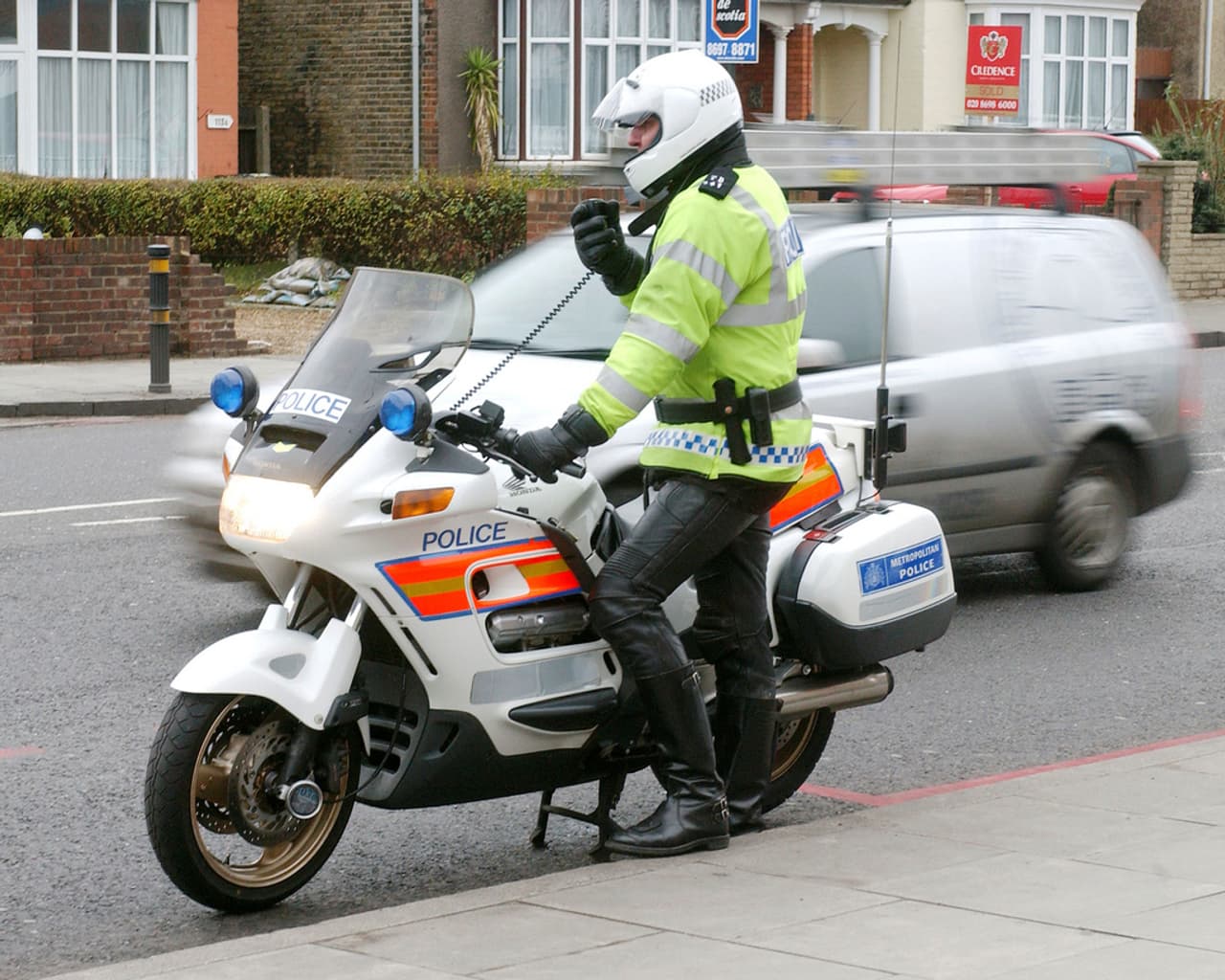
Analysis: Why the IPCC must prove it has teeth
Four deaths at the hands of the police in just three weeks has thrust the issue of state sanctioned use of force into the limelight.
The police shooting of Mark Duggan, the taser-related death of Dale Burns and the death of amateur rugby player Jacob Micheal following the use of CS gas and restraint have all received a lot of media attention.
Phillip Hulme, from Great Manchester, was tasered by police after they burst into his house finding him with stab wounds. A post-mortem has since concluded that he died due to self-inflicted injuries.
All are individual tragedies. But together they form part of a longer-running, yet little told narrative of over a thousand deaths in police custody in this country since the early 1970s.
Despite this only once has a police officer ever been convicted following a custodial death – in 1971 for the death of David Oluwale.
IPCC ineptitude
And the Independent Police Complaint Commission, IPCC – the body that polices the police – has been heavily criticised for its shoddy investigations following recent high profile cases such as Ian Tomlinson and Jean Charles de Menezes.
But these are just two cases. For every Tomlinson and de Menezes there are many others that have been swept under the radar of the mainstream media.
The IPCC’s assertion, following its 2010 report into deaths in custody, is that juries are simply unwilling to convict police officers.
However, as part of a forthcoming investigation, the Bureau has found evidence to suggest an institutional unwillingness within the British state to bring the police to justice.
Consistently in death in custody investigations the Bureau has uncovered evidence of ineptitude from those charged with holding the police to account.
In certain communities – such as Tottenham and Brixton – where the history of police custody deaths is better known and the memories more vivid – there is a feeling that officers, unlike those that they police, are above the law.
When this relationship is inverted, and the protector becomes the persecutor it has the potential to damage this fragile relationship irrevocably.
A culture of impunity
Three episodes of major civil unrest over the last 30 years have been sparked by deaths in custody.
The Broadwater Farm riot in 1985 was precipitated following the death of a 49-year-old Afro-Caribbean woman, Cynthia Jarret, when police raided her home. In 1995 the death of Wayne Douglas sparked rioting in Brixton and less than a month ago, the police shooting of Mark Duggan was the catalyst for a wave of looting across the UK.
The deaths are not simply self-contained bursts of anger from within these communities – they are also part of a longer narrative of frustration at a perceived culture of impunity within the British police force.
Black communities in particular feel they have been disproportionately represented in death in custody cases.
Of the 30 restraint-related deaths being looked into by the Bureau, approximately two-thirds have involved Black or Asian males.
Having spoken to many of the victims’ families and community figures the sense of anger and historical injustice is palpable.
Regulating the police force
The list of deaths has swelled by four in the space of a week. Four deaths involving the state sanctioned use of a taser, a firearm and CS gas.
A democracy must have a police force that is properly regulated and accountable.
However in the recent case of Duggan, as with Tomlinson, de Menezes and countless others, misinformation and ineptitude has already surrounded the investigation.
The IPCC was forced just days after the death to admit that an earlier statement it released suggesting that Duggan had fired at the police first, was incorrect.
The families of the three most recent victims will be waiting with baited breath for information, hoping that justice and accountability will prevail in each of these tragic cases.
More than ever the IPCC needs to prove to the nation that it has the teeth and will to properly interrogate these deaths. It needs to work quickly and efficiently to establish the truth
If you want to read more of our death-in-custody stories sign up to our newsletter



